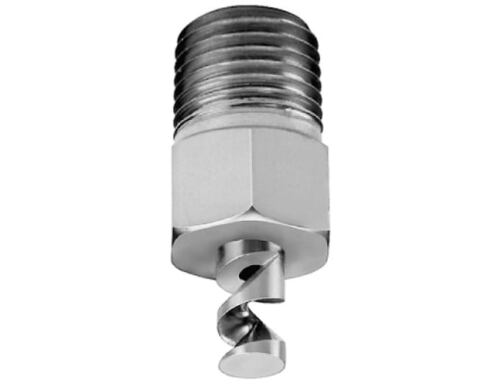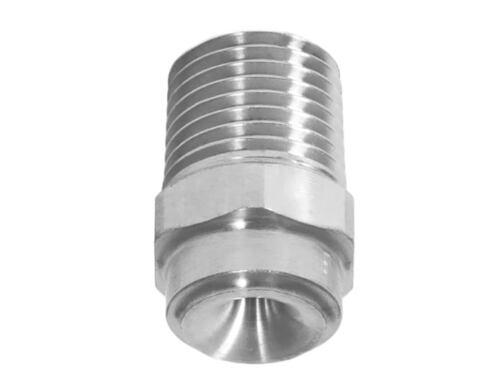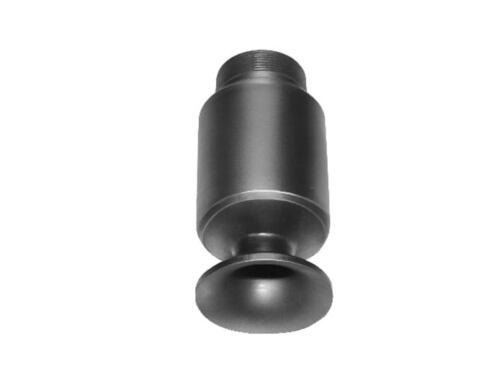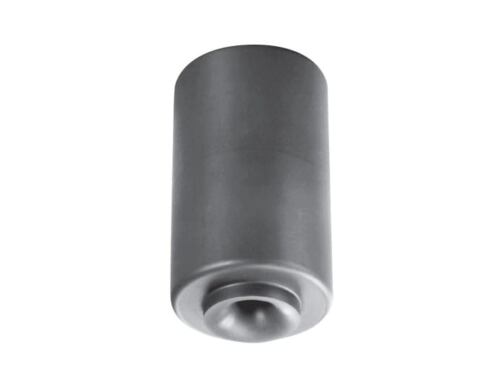BETE provides a range of high-quality nozzles that are useful for reducing the temperature of various components and parts using a deluge spray. Many production processes require the product to be hot during work and then cooled back to ambient temperature. In metal processing industries, castings, extrusions, and hot-worked products fall into this category, as do any components that have been heat treated. In the food industry, many products are packaged hot and must be cooled before storage and shipment. Regardless of whether you are cooling steel or soup, BETE can provide the right nozzle for your application.
Cooling a solid object quickly is typically accomplished by deluging it with a coolant, most often water. The rate at which the object can be cooled with a water deluge depends on the shape of the object, initial temperature, final desired temperature, the heat capacity of the object, and the convection coefficient between the object and the water. Shape takes into account the surface area, volume, and indirectly the thermal conductivity of the object. It is also important to take into account that the object’s ability to transfer heat may not be uniform, as it may be made of several substances.
The principle idea is to distribute a high volume of water completely over the object, allowing the greatest contact and therefore heat transfer from the object to the water. Nozzle spray is advantageous because it can provide full coverage of virtually any object shape. Cooling takes time; the major advantage of spraying the coolant is the ability to speed up the process as compared to simple submersion. As the object cools down, the water in contact with the object heats up. In order to continue cooling, the warmed water should be flushed away to allow cooler water to contact the object. This flushing action is an inherent characteristic of the flood of liquid and spray dynamics produced by a spray nozzle.
In some specialty cooling applications, liquid nitrogen is sprayed to cool or freeze products in a time and cost efficient manner. The extremely low boiling point of liquid nitrogen (-320 °F) allows it to maintain extremely low temperatures and high cooling efficiency in product cooling applications.
Common cooling deluge nozzle uses and industries:
- Manufacturing industry
- Food processing industry
- Steel industry
- Cooling steel or aluminum strips
- Conveyor Cooling: cool cans, bottles, and jars after processing and pasteurisation
- Stationary Cooling: cool larger objects and components that are sitting still
- Extrusion Cooling: accelerate the cooling of extruded products such as wires, tubing, etc. as they travel through a dedicated cooling zone
- Complex Casting Cooling: evenly cool complex components / castings with varying wall thickness






